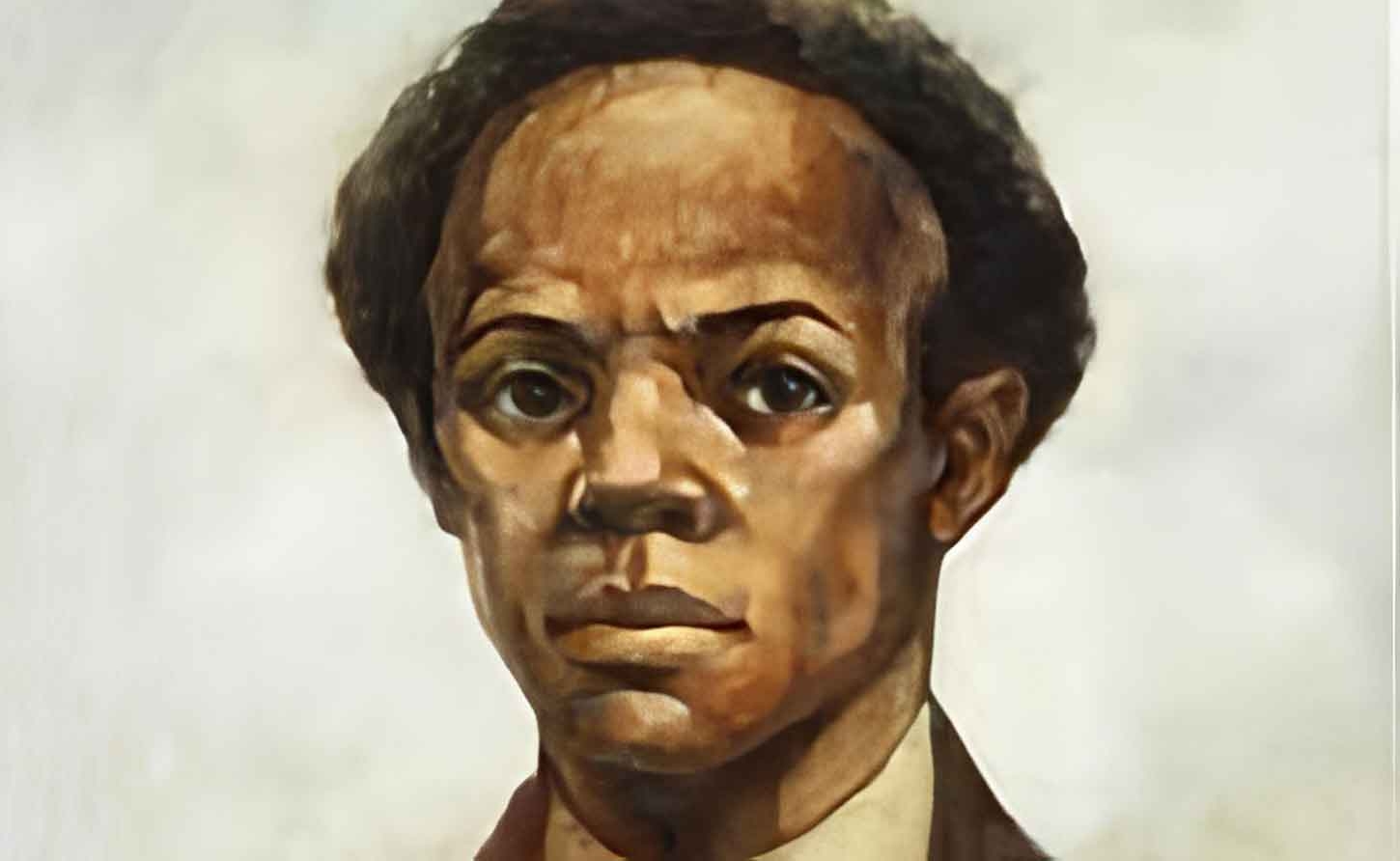JAMAICA | The parish of St. James commomorates December 27 as Sam Sharpe Day

MONTEGO BAY, December 27, 2024 - In a historic stride toward reconciling Jamaica's past with its present, the nation today commemorates Sam Sharpe Day, marking 193 years since a young Baptist preacher ignited what would become the final, decisive blow against slavery in the British Empire.
The celebration, officially recognized through the efforts of former Culture Minister Olivia 'Babsy' Grange in 2020, stands as a testament to decades of grassroots advocacy, particularly from the citizens of southern St. James who refused to let their hero's legacy fade into obscurity.
Unlike other National Heroes celebrated on their birthdays, Sam Sharpe's commemoration falls on December 27th - the day he launched what history would record as the Christmas Rebellion of 1831.
This "workers' strike," as Sharpe envisioned it, erupted into a fierce ten-day war between enslaved workers and the Jamaican plantocracy, backed by British troops, ultimately catalyzing the abolition of slavery across the British Empire.
The ripples of Sharpe's rebellion reached far beyond Jamaica's shores, fundamentally shaking the very foundation of the world's capitalist systems.
His actions featured prominently in the British Parliamentary deliberations that led to the Slavery Abolition Act of 1833, which received Royal Assent on August 28, 1833, and came into force the following year.
Yet, for decades, establishment forces seemed intent on diminishing Sharpe's memory. It wasn't until the late 1990s that former Member of Parliament Derrick Kellier, guided by historian Don Carter Henry, began unearthing both literal and figurative pieces of this history - starting with the Tulloch Castle trash house in Kensington, where a slave girl's act of defiance sparked the physical beginning of the 1831 war.
The story takes a critical turn as it examines the Baptist Church's complex relationship with its revolutionary son. Despite the rebellion being known as the "Baptist War," Jamaica's Baptist Union (JBU) has maintained a puzzling distance from Sharpe's legacy.
This institutional reluctance to embrace a figure who preached both spiritual and physical liberation raises questions about the intersection of faith, freedom, and resistance in colonial Jamaica.
The historical amnesia extends beyond religious institutions into Jamaica's educational system. While students pursue CXC and CSC curricula to prove their intellectual competence, they remain largely uninformed about both slavery's lasting impact and their own constitutional rights.
This gap in civic education has manifested in troubling ways - the last election saw only 37% voter turnout, with the winning party securing a mere 21% of the electorate in what was paradoxically called a 'landslide' victory.
When Sharpe faced the gallows in what is now Sam Sharpe Square in Montego Bay, he was just 27 years old - a young man who had educated himself enough to become not just a deacon, but a masterful organizer who understood the political and social dynamics of his time.
His legacy poses a challenge to today's youth: to become engaged citizens who can make a difference in their communities.
The commemoration of Sam Sharpe Day thus serves multiple purposes: it honors a national hero, confronts historical erasure, and highlights the ongoing need for civic education and engagement in Jamaica.
The celebration stands as both a memorial to past struggles and a call to action for future generations.
The Baptist Church's complicated relationship with Sharpe reveals a deeper struggle within Jamaica's religious institutions to reconcile their role in both oppression and liberation.
The JBU's continued reluctance to fully embrace Sharpe's legacy - nearly 200 years after his execution - raises uncomfortable questions about how modern institutions confront their historical positions on slavery and resistance.
This institutional ambivalence mirrors a broader national challenge: Jamaica's struggle to meaningfully engage with its past. While students excel in standardized curricula, they graduate without understanding slavery's enduring impact or their constitutional rights.
The consequences are stark - voter turnout has plummeted, with recent elections seeing only 37% participation and the governing party claiming a "landslide" victory with just 21% of eligible voters.
Sharpe's execution at age 27 in Montego Bay Square stands as both tragedy and inspiration. This young Baptist deacon, who taught himself to read despite laws forbidding it, organized one of history's most consequential resistance movements.
His legacy challenges today's youth to engage with their communities and, like him, fight for meaningful change.
Today's Sam Sharpe Day commemorations, like the Catadupa Benevolent Society’s community celebration, represent more than mere historical observance. They embody Jamaica's ongoing journey to fully understand and address the legacy of slavery, while highlighting critical gaps in civic education and engagement.
The path forward requires bold steps: integrating comprehensive study of slavery's impact into school curricula, teaching constitutional rights as fundamental knowledge, and fostering meaningful dialogue about Jamaica's past - including the complex role of religious institutions in both supporting and opposing slavery.
As Jamaica faces modern challenges to democratic participation and civic engagement, Sam Sharpe's legacy offers a powerful reminder: meaningful change often comes from those willing to question the status quo.
His story, once nearly forgotten, now serves as a beacon for future generations - proving that even in the face of overwhelming odds, educated, organized resistance can reshape the world.
The celebration of December 27th thus stands as more than a memorial to a fallen hero. It serves as an urgent call to action: challenging Jamaicans to honor Sharpe's sacrifice not just through commemoration, but through active engagement in shaping their nation's future.
-30-
